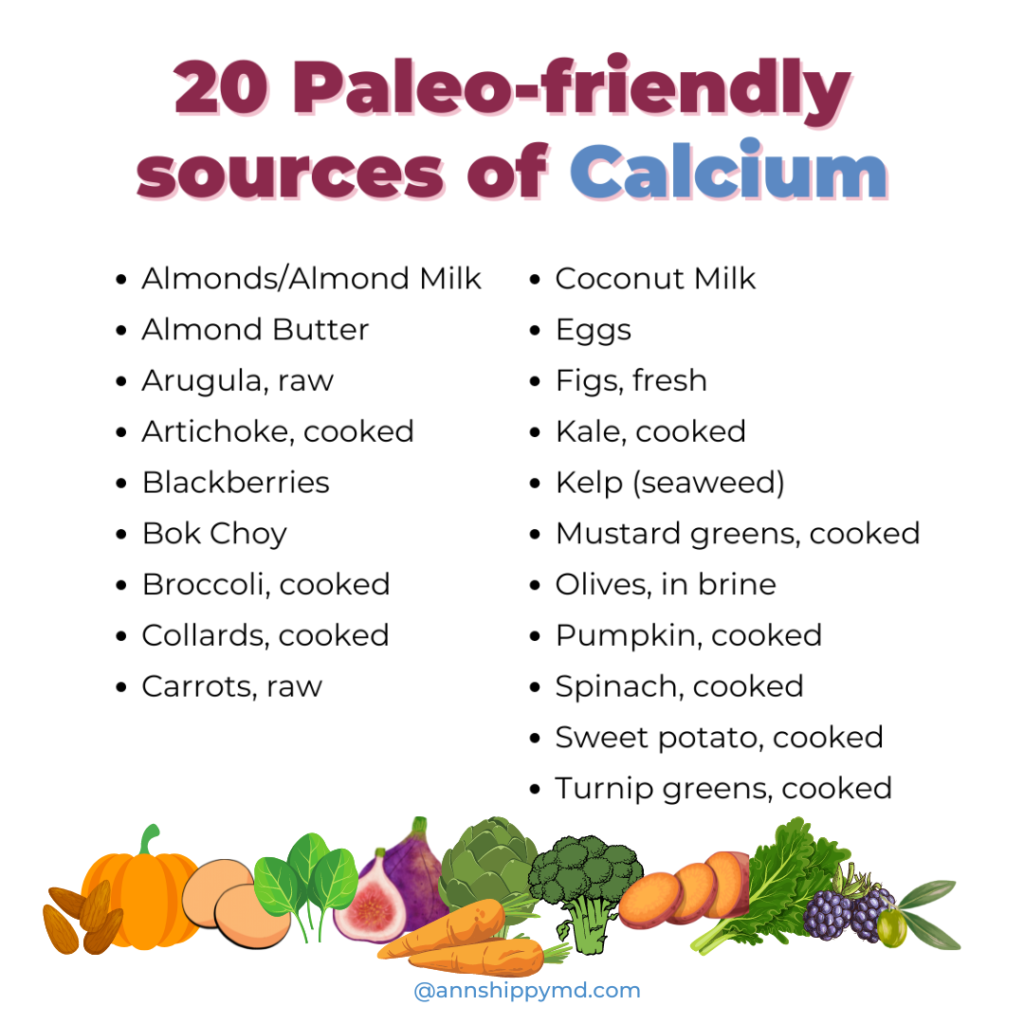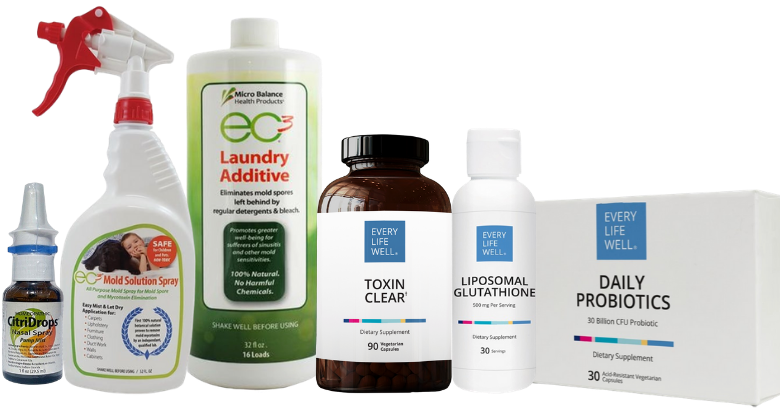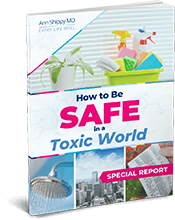Bone Health: Using Hormones, Diet And Lifestyle For Strong Bones
It’s easy to take our bones for granted.
With so much going on in life and with our health, we often forget about this important part of our body until we have a fracture or are diagnosed with bone loss, osteopenia or osteoporosis.
Risk increases with age, but younger women (and men) are increasingly experiencing bone loss as well. Unfortunately, people are getting bad advice on how to help their bone health, including eating dairy to get their calcium.
Conventional medicine views bones as separate from the rest of the body.
For osteoporosis, “take bisphosphonate medication to improve density” you might hear your doctor say, in addition to increasing the dairy products in your diet or taking a calcium supplement.
And don’t forget to exercise!
In Functional Medicine, we take a deeper, more helpful approach and appreciate that all systems in the body are connected. Bone loss doesn’t happen independent of the other systems in the body – inflammation, stress, diet, hormones and other factors play a major role.
In this article, you’ll learn more about the factors that contribute to building and maintaining strong bones and tips for implementing simple strategies into your wellness routine. Specifically, we address:
- Bone basics
- Beyond calcium – complete nutrition for your bones
- Hormone balance and bone health
- The role of inflammation
- Why maintaining a favorable pH is important
About Your Bones
You might find it interesting to discover that your bones are alive, made out of living tissues.
They live in a dynamic state, constantly breaking down and building back up in a process called remodeling.
There tends to be more building, from cells called osteoblasts, as we grow from children and into young adulthood. There also tends to be more breakdown, from cells called osteoclasts, as we get older.
However, the remodeling system works in our favor in the case of bone loss and it’s up to us to create the conditions that support the osteoblasts in doing their job.
Bone Health And Nutrition: Calcium Is Not The Whole Story
Often the first thing we think about when it comes to bone health is getting enough calcium.
Calcium is certainly an important mineral for building bone strength.
Calcium levels in the blood are very tightly regulated by our bones – they either take up or release calcium into the blood to maintain optimal levels in the blood and bone.
However, it’s possible to still have poor bone density while eating 3 servings of dairy per day and meeting the recommended 1000mg of calcium per day for adults (1200mg for adults over 50 years old).
It’s also possible to eat a whole foods Paleo diet without dairy and have strong bones.
Why? Calcium isn’t the only nutrient that is important for bone health.
Here are some other nutrients and their role in bone health:
- Vitamin D – Vitamin D is required for the absorption of calcium and phosphorus from the diet. Poor vitamin D status is linked to poor bone health and severe deficiency leads to softening of bones, rickets in children and osteomalacia in adults.
- Phosphorus – Phosphorus makes up over half of the minerals found in bones playing an important structural role. Phosphorus deficiency from the diet is quite uncommon, but excess phosphorus, largely found in processed foods, may negatively impact bone health.
- Vitamin K2 – Vitamin K2 is a cofactor for enzymes that allows calcium to bind to protein in order to form bones. While we get vitamin K1 from leafy greens, vitamin K2 largely comes from fermented foods and certain gut bacteria in the microbiome, which may be lacking with a standard American diet.
- Magnesium – Magnesium truly has many spectacular roles in the body and one of which is as a component of bone. Around 50% of the magnesium in the body is found in bone and, like phosphorus and calcium, plays a structural role.
- Vitamin A – Vitamin A is critical for growth and development; low dietary levels impair bone health. Preformed vitamin A, retinol, is what we need and it’s found in Paleo foods including liver, salmon and egg yolks. Beta-carotene and other certain other dietary carotenoids convert into vitamin A in the body, but this conversion rate is rather low and some people may have SNPs (single nucleotide polymorphisms) that reduce conversion even further.
- B Vitamins – B vitamins, including folate, vitamin B12 and vitamin B6 are involved in the methylation pathway, important for many things including DNA expression. When these B vitamins are deficient, homocysteine rises and elevated homocysteine is linked to decreased bone strength. You may also want to consider taking Methylation Support, if indicated.
- Vitamin C – Bone isn’t just composed of minerals, it also contains proteins including the collagen that comprises connective tissue. A main role of vitamin C is as a cofactor for collagen formation.
As you can see, many nutrients play a role in our bone health and strength, not only calcium.
Nutrition Tips For Bone Health: Eat a nutrient dense diet including high quality animal protein, plant and animal fats and colorful produce to meet your daily nutrient needs.
Dairy is not the only food category to supply calcium, as it often contains a lot of added sugar and is inflammatory for many individuals.
Calcium is easily obtained from eating fish with bones, bone broth, dark leafy green veggies, tahini and almonds. For more calcium rich foods click here.
Bone Health And Hormones
Just as nutrition plays a role in the building and structure of bones, hormones are important for regulation.
Estrogen is a key regulator of bone health in both men and women.
It is well established that declines in bone density are associated with menopause and a decline in estrogen levels in women. Conversely, estrogen therapy has been shown to reduce bone fractures in post-menopausal women.
Low estrogen may happen in younger women too including those with eating disorders, athletes or low body weight with amenorrhea (the absence of a menstrual period). These situations may be detrimental to bone health.
Hormonal Tips For Bone Health:
It’s never too late to balance your hormones. In fact, a regular, symptom-free cycle is considered a sign of health and vitality.
The Every Life Well DUTCH Panel (test) gives you an inside look at the hormones affecting your health and is a great springboard for personalized diet, lifestyle and supplement changes.
Depending on your unique hormone presentation, you might benefit from more sulforaphane and cruciferous veggies, stress management strategies or even bioidentical hormone therapy.
Please work with your Functional Medicine practitioner.
Bone Health and Inflammation
We’ve already touched on key nutrients and the importance of hormonal balance when it comes to bone health, now let’s look at some other lifestyle factors that will help keep your bones strong or make them even stronger.
Inflammation in the body is a large driver of bone loss (via the NF-kB pathway) and one that isn’t always on the top of our list like quitting smoking and increasing weight bearing exercise.
But, inflammation is an incredibly important factor to consider and one that comes into play when taking a root cause approach.
Since inflammation is at the core of most chronic disease, it is always worth taking a look at the sources of inflammation. These could be food sensitivities including gluten and dairy, exposure to toxins such as mold or even unchecked infections in the gut or other locations.
Doing some detective work to evaluate inflammation levels in the body and the source of inflammation is foundational in the Functional Medicine approach to bone health.
Anti-Inflammatory Tips For Bone Health:
While uncovering the root cause of inflammation, there are many things you can do to reduce inflammation in the body including adopting an anti-inflammatory diet, increasing omega-3 fats and utilizing specific supplements such as curcumin.
And, as always, don’t forget how important a good night’s sleep is for cooling inflammation and promoting detoxification.
Some evidence even suggests that robust melatonin, the sleep hormone, promotes positive bone metabolism.
Bone Health And Acid-Base Balance
A standard American diet tends to be more acid-producing.
This means the pH of the blood becomes more acidic and in order for the body to maintain tight regulation of the pH, calcium is released from the bone as a buffer to help alkalinize the body.
Over time, this pattern is not good for the bones.
This is a phenomenon that is often discussed in Functional Medicine, but is often missed in the conventional medicine world that may not offer much in the way of nutrition advice beyond eating calcium-rich foods.
Foods that are more acidic in the body include:
- Soda
- Sugar
- Grains
- Caffeine
- Coffee
- Excess protein
Plant foods are more alkalinizing, which is one reason for including an abundance of colorful and mineral-rich whole fruits and vegetables in the diet (and lowering the acid-producers).
These help to create an acid base balance that is more favorable to maintaining bones. Yet another reason that what we eat, day in and day out, creates the best possible internal environment for our cells, including bone cells.
Acid-Base Balance Tips For Bone Health:
Fill up at least half of your plate with fresh produce at each meal to alkalinize your body. Consider adding in a daily greens powder for additional support.
Although protein is more acidic, we still need protein to build bone matrix so don’t eliminate it completely.
Instead choose moderate portions of high quality protein (3-5 ounces at meals) and balance protein with plenty of produce.
Note that stress chemistry is also incredibly acidifying to the body. If you feel like your diet is already dialed in, check your stress.
Meditation, deep breathing, time in nature and other self-care practices aren’t just for your sanity and nervous system, they help to create an internal environment that supports long-term bone health.
There is so much, in terms of diet and lifestyle that is supportive for both maintaining and improving bone density.
Some of the strategies discussed here are easy to implement and others may take more digging and personalization to really dial in.
No matter how old you are and where you are in your journey with health, it’s never too late to give your bones a little extra love.
References
- https://www.ncbi.nlm.nih.gov/pmc/articles/PMC6084056/
- https://pubmed.ncbi.nlm.nih.gov/15585789/
- https://www.ncbi.nlm.nih.gov/pmc/articles/PMC5367643/
- https://pubmed.ncbi.nlm.nih.gov/24472074/
- https://pubmed.ncbi.nlm.nih.gov/25068814/
- https://pubmed.ncbi.nlm.nih.gov/17092827/
- https://pubmed.ncbi.nlm.nih.gov/19217816/
- https://pubmed.ncbi.nlm.nih.gov/25555470/
- https://www.ncbi.nlm.nih.gov/pmc/articles/PMC5749254/
- https://pubmed.ncbi.nlm.nih.gov/30597617/
- https://pubmed.ncbi.nlm.nih.gov/34393671/














